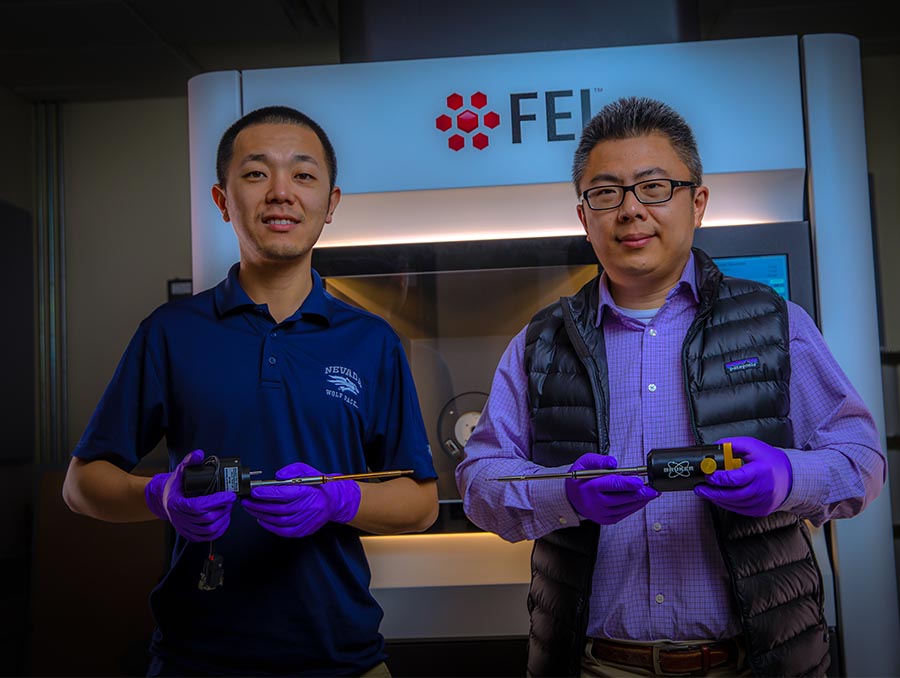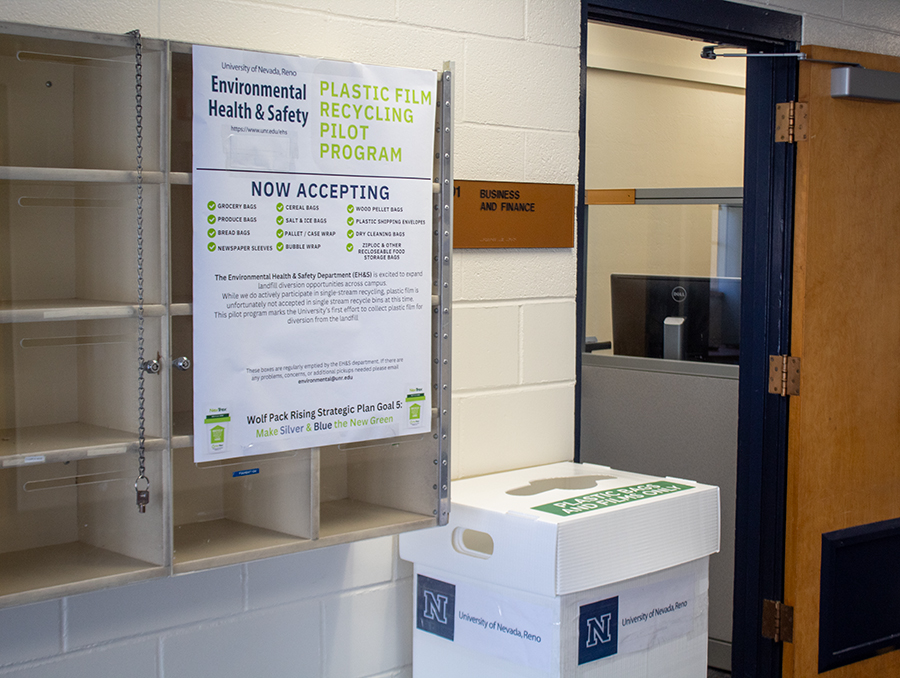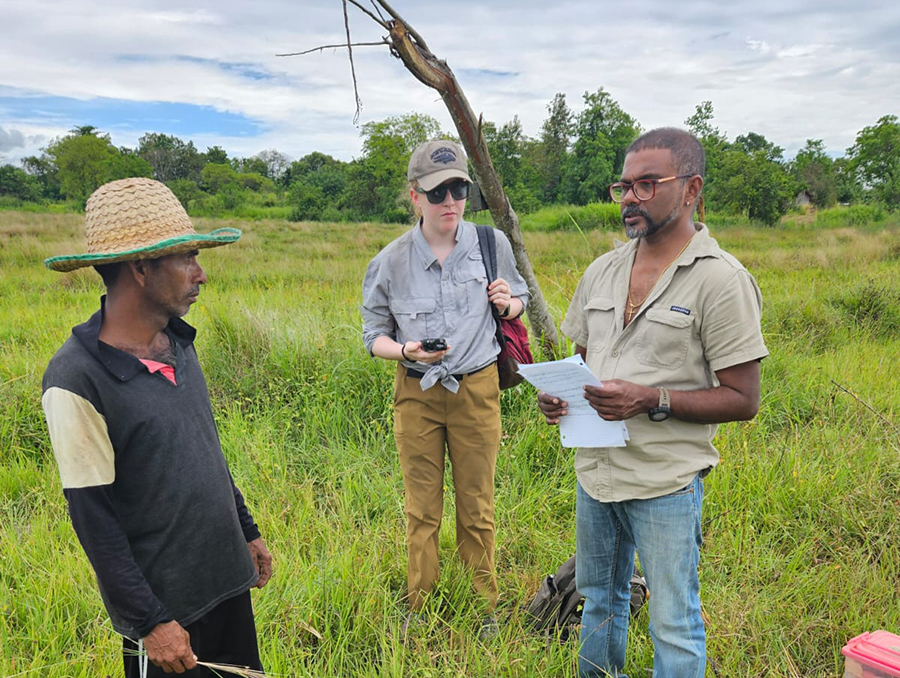The National Science Foundation (NSF) continues to recognize Chemical & Materials Engineering (CME) Assistant Professor Yufeng Zheng for his research on titanium alloys. This February, Zheng will begin a new research project on titanium alloys funded through the NSF Established Program to Stimulate Competitive Research (EPSCoR) Fellowship.
The project, “Understanding the Nanoscale Incommensurate Modulated Structure in Titanium Alloys,” was funded with a $234,032 grant from the NSF Office of Integrated Activities.
“This award is one of the highest honors awarded to young faculty,” Victor Vasquez, CME Department chair, said. “Yufeng’s award is a testament of the bright and cutting-edge research that is being done in our department. We are all very proud of Yufeng’s achievement and look forward to the successes out of this research project in the coming years.”
Pure titanium is strong, but when combined with another metal (making it a titanium alloy), it takes on greater flexibility and becomes very useful in industry. But achieving this synergetic combination of high strength and ductility is difficult, according to Zheng’s proposal. He aims to investigate a new strategy to address the issue: he will study the role of nanostructures in forming the heterogenous precipitate structure using cutting-edge transmission electron microscopy.
Zheng also is the director of the University’s Electron Microscopy and Microanalysis Facility.
Through the fellowship award, Zheng and Ph.D. student Dian Li will visit MIT.nano, the nation’s premier electron microscopy center at the Massachusetts Institute of Technology.
“We will collaborate with a world-leading materials scientist in nanostructured material, Prof. Ju Li from MIT,” Zheng said.
The researchers will utilize the aberration-corrected Thermo Fisher Scientific (TFS) Themis Z G3 scanning transmission electron microscope (S/TEM) equipped with Super-XEDS, EMPAD-based 4D-STEM system and DENS Solution Lightning in-situ TEM heating holder.
Zheng also will put together new electron microscopy and materials science education modules for university students and outreach activities for K-12 students.















